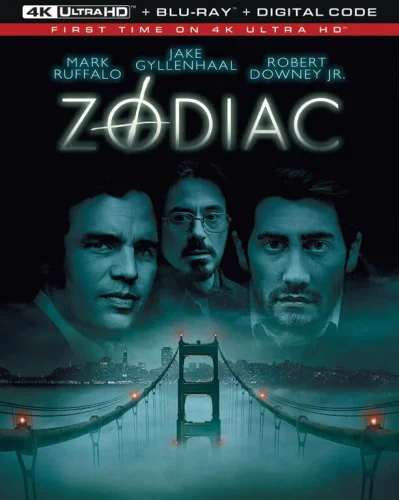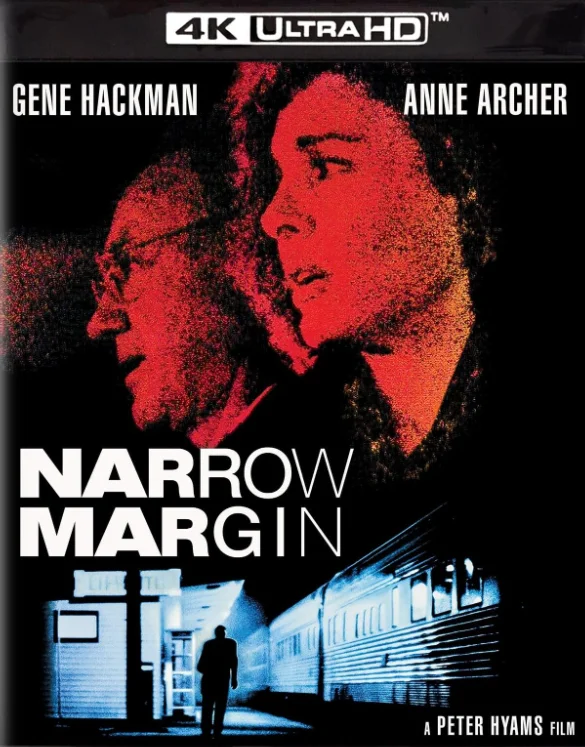Story Movie
October 1990. Joe Deacon, a middle-aged deputy sheriff nicknamed Deaky, is sent on a minor assignment to Los Angeles. Five years earlier, he was a respected detective there, but one investigation ruined his life and his health. Dickie meets a young, ambitious colleague, Jim Baxter, who is working on a series of murders suspiciously similar to those unsolved five years earlier. Dickie decides to stay on the job, determined to see the case through to the end and track down the killer at any cost.
Review 4K Movie
Young but talented cop Jim Baxter (Rami Malek) is assigned to investigate a series of murders of young women by veteran officer Joe “Dick” Deacon (Denzel Washington), who left his job as a detective several years ago and moved to the small county of Kern (somewhere in the Los Angeles area). The maniac tortures his victims, watches them, and always leaves elements of his signature style at the crime scene.
The Los Angeles Police Department is forced to appear before the press and promise to catch the killer, but Detective Baxter's interactions with the media reveal his complete helplessness. The cops are backed into a corner — the psycho shows no signs of giving up, and so Baxter sees Deacon as someone who can help.
Seasoned cop Dick, following the trail, awakens his instincts as a sleuth and soon discovers a suspect based on insignificant facts. But he (the suspect) — Albert Sparma (Jared Leto) — is a very complex and cunning character who is not so easy to crack.
***
So, “The Little Things.” This is a classic police story about two partners following a bloody trail. To say that there are many such films is to say nothing at all. The elusive psychopath has appeared repeatedly in a wide variety of films, and Denzel Washington is no stranger to such projects. “Fallen” and “Fearless,” where he played a detective, “True Detective,” “Zodiac,” “Seven,” “The Imitation Game,” “Taking Lives,” and others.
Some people find similarities between “The Little Things” and Fincher's film “Seven.” However, the similarity ends there, as in both films the two main characters are partners who have recently started working together, and one of them invites the other to a family dinner. Again, something similar is often found in investigative films. Personally, I saw similarities with Zodiac—The Little Things is shot with the same desire to show every little detail, to immerse the viewer in the romanticism of a police investigation with night ambushes, surveillance, highway chases, and landscapes that are rarely seen in other films. The Little Things, in a manner similar to Fincher's Zodiac, meticulously follows the detectives step by step, as if the viewer is conducting the investigation alongside them. The abundance of dialogue between the characters (and not just the main ones) reveals the nature of the relationships between them and builds a schematic model of how one person interacts with another.
The Little Things allows Rami Malek's character to see Joe Deacon as a mirror reflecting what awaits Baxter himself. It is no coincidence that the viewer is given information about the young cop's family, as well as about Washington's character's relatives. Director and screenwriter John Lee Hancock uses a kind of allusion, comparing the lives of two cops—one old and one young—and hinting that over the years, Jim Baxter will turn into Joe Deacon and probably repeat his fate. This comparison runs through the entire film like a bold red line and touches not only on their lives outside of work, but also on the investigation itself, in which both main characters show a keen desire to find the killer, but at the same time, under extreme psychological pressure, they act on their emotions and do things they will later regret.
The moral and psychological position of the characters is very well written and realized in the film. The realization that a police officer, blindly believing the suspect's word, continues to dig deeper and deeper with the tenacity of a Stakhanovite, that he ignores the constant smirks and keeps digging (because suddenly this time the TRUTH might slip from the lips of the possible murderer?!), the realization that a case becomes an obsession and a person simply turns into a fanatic, consumed by his own contradictions, doubts on the one hand and firm conviction on the other, makes it possible to analyze the behavior of the characters, their actions and the reasons that prompted them to do one thing or another after the film is over. And that's cool! Leaving the theater and for the next hour, I reflected on what I had seen, trying to figure out what the director wanted to convey and what techniques he used to do so.
When you watch this film, having seen other detective films, you try to notice the nuances, such as the license plate numbers on the cars, the gait of the main suspect and the unknown man who appears at the very beginning of the story — because it's no coincidence.
There will undoubtedly be those who are disappointed by the ending. In order not to spoil it, I won't write anything about the ending, but I will just note that the ending is atypical for most films of this genre. Incidentally, it refers to Sean Penn's directorial project, the film The Pledge, starring Jack Nicholson. If you've seen that movie, you probably remember how it ended and the aftertaste it left behind. The same thing happens in The Little Things. It's no coincidence that the film is called “The Little Things” (if you translate it literally)! Here, you can't help but pay attention to even the most trivial events that happen to the detectives in just a couple of days!
I won't write anything about the trio of main characters. They are all brilliant in their own right. The madman Leto, instilling a nervous sense of hidden danger, the life-weary Washington, once again feeling the puppyish excitement of being involved in his once beloved work, and the morally broken Malek, who stops responding to his family and looks not AT, but THROUGH his children... All three of them give you goosebumps!
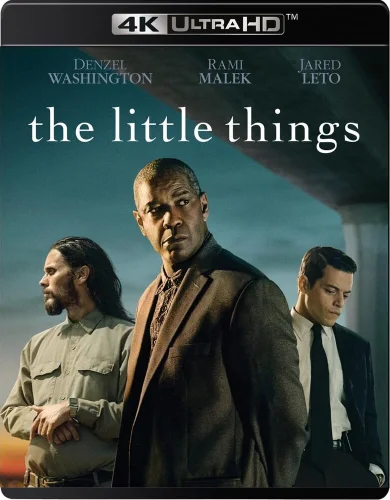


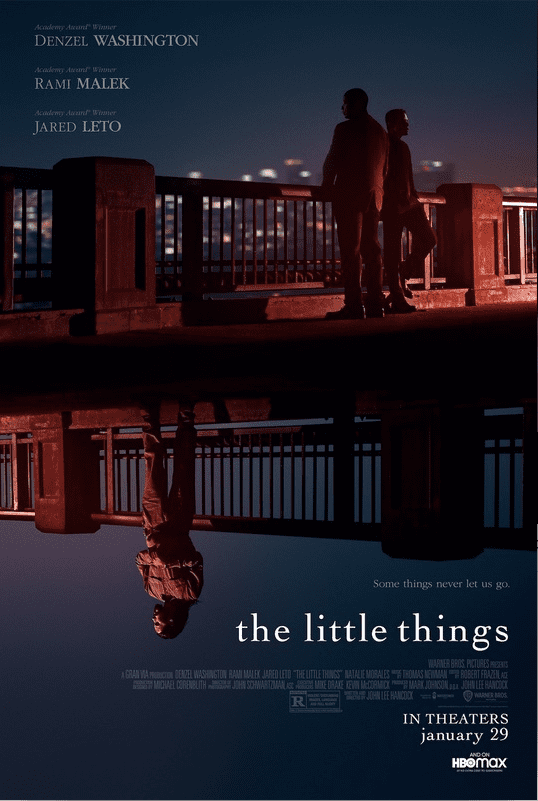 [/full-link]
[/full-link]
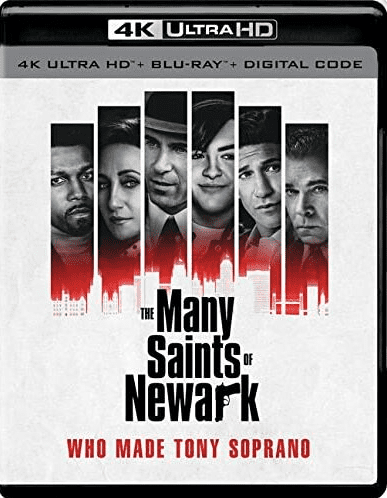 [/full-link]
[/full-link]
